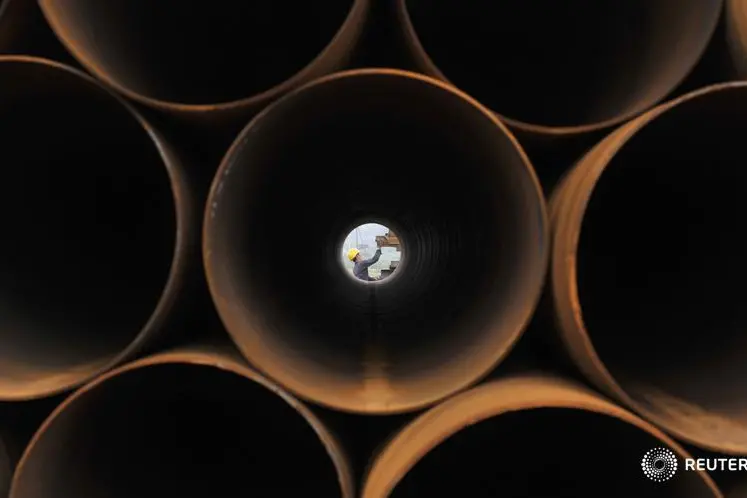PHOTO
KUWAIT CITY: Kuwait’s Ministry of Commerce and Industry is monitoring the market to control prices of construction materials, which have been soaring globally. The ministry issued a number of resolutions to maintain prices of construction materials, including banning export and re-export of cement, lumber and iron but allowing citizens to import construction materials for personal use.
The ministry also sent teams to monitor the market and fine construction shops which increase prices. The ministry “supports commercial and economic activities, and make sure goods, construction materials and services in local market are meeting Gulf and international standards, as well as protecting consumers from any deliberate rise of prices,”
Mohammad Al-Enezi, Ministry’s Assistant Undersecretary for Technical and Trade Development, said. Prices of construction materials have risen generally since December 2020, he acknowledged, but the ministry was keeping a close eye on shops violating prices-related regulations and has indeed referred 29 shops to prosecutor’s office since January. The ministry, on the other hand, addressed obstacles facing local factories.
Cheapest
Al-Enezi, speaking to KUNA, said a ton of iron was sold with 248 Kuwaiti Dinars (KD) (USD 815) and KD 1.05-1.2 for a cement bag, the cheapest among neighboring countries. A price increase was caused by halt in sea freight, he added, and said surge in coronavirus cases and deaths in India for example forced goods to remain in ports for more than 90 days.
Dalal Al-Shemmeri, Director of the Ministry’s Supply Department, said the ministry was subsidizing construction materials like iron, cement and readymix concrete, insulating white and black bricks, and air conditioning units. Speaking to KUNA, Al-Shemmeri said 750 people benefited from subsidizing materials in May with a value of KD 13.7 million (USD 45 million).
Dr. Nayef Al-Shemmeri, professor of economics at Kuwait University, said prices were subjected to supply not demand. Demand, he added, was “very limited.” He said domestic production of cement was around nine million tons per year but demand was at six million tons. Raw materials were imported to manufcture iron with an annual capacity of 1.5 million tons, however, market needs were 1.2-1.5 million tons.
Al-Shemmeri said opening doors for neighboring markets as well as lowering custom duties and administrative fees would contribute to less prices. He also proposed setting up warehouses for storage with affordable prices.
© 2021 Arab Times Kuwait English Daily. All Rights Reserved. Provided by SyndiGate Media Inc. (Syndigate.info).





















